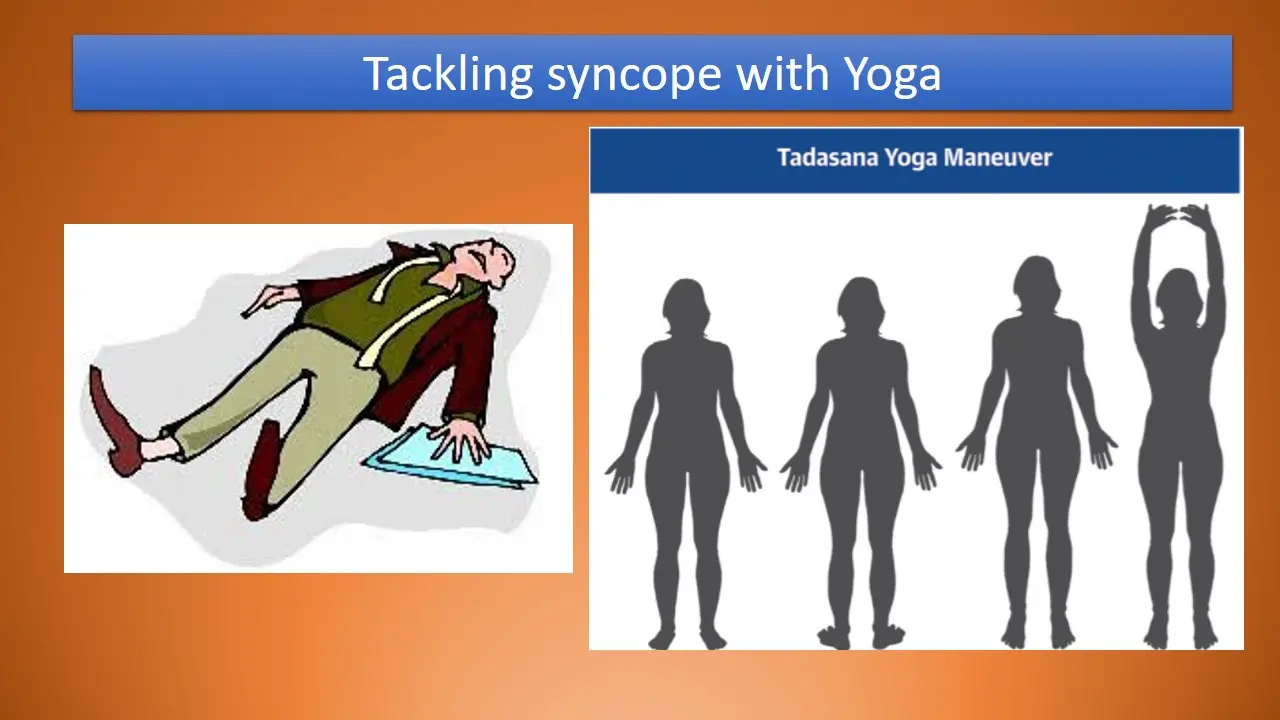- Home
- Medical news & Guidelines
- Anesthesiology
- Cardiology and CTVS
- Critical Care
- Dentistry
- Dermatology
- Diabetes and Endocrinology
- ENT
- Gastroenterology
- Medicine
- Nephrology
- Neurology
- Obstretics-Gynaecology
- Oncology
- Ophthalmology
- Orthopaedics
- Pediatrics-Neonatology
- Psychiatry
- Pulmonology
- Radiology
- Surgery
- Urology
- Laboratory Medicine
- Diet
- Nursing
- Paramedical
- Physiotherapy
- Health news
- Fact Check
- Bone Health Fact Check
- Brain Health Fact Check
- Cancer Related Fact Check
- Child Care Fact Check
- Dental and oral health fact check
- Diabetes and metabolic health fact check
- Diet and Nutrition Fact Check
- Eye and ENT Care Fact Check
- Fitness fact check
- Gut health fact check
- Heart health fact check
- Kidney health fact check
- Medical education fact check
- Men's health fact check
- Respiratory fact check
- Skin and hair care fact check
- Vaccine and Immunization fact check
- Women's health fact check
- AYUSH
- State News
- Andaman and Nicobar Islands
- Andhra Pradesh
- Arunachal Pradesh
- Assam
- Bihar
- Chandigarh
- Chattisgarh
- Dadra and Nagar Haveli
- Daman and Diu
- Delhi
- Goa
- Gujarat
- Haryana
- Himachal Pradesh
- Jammu & Kashmir
- Jharkhand
- Karnataka
- Kerala
- Ladakh
- Lakshadweep
- Madhya Pradesh
- Maharashtra
- Manipur
- Meghalaya
- Mizoram
- Nagaland
- Odisha
- Puducherry
- Punjab
- Rajasthan
- Sikkim
- Tamil Nadu
- Telangana
- Tripura
- Uttar Pradesh
- Uttrakhand
- West Bengal
- Medical Education
- Industry
Tadasana yoga maneuver beneficial for vasovagal syncope patients: JACC study.

Reserchers from KIMS hospital, Hyderabad have recently shown the benefits of yoga for vasovagal syncope (VVS) patients. In their pilot study published in JACC Clinical Electrophysiology, authors have shown that Tadasana as an adjunctive therapy is associated with fewer total event recurrences (ie, syncope and near-syncope combined). This maneuver which closely resembles the isometric component of standing training (also known as tilt-training), is helpful to prevent VVS.
Vasovagal syncope (VVS), is the most frequent cause of syncope in all age groups, and no treatment is certain in terms of effectiveness. Yoga is a mind-body practice that causes modulation of the autonomic nervous system and is increasingly being introduced as an adjunctive therapy in the management of cardiovascular disorders.
In this pilot study authors examined the utility of incorporating a single yoga maneuver, tadasana, as adjunctive treatment for VVS prevention. Patients were counseled to practice standard physical maneuvers and maintain adequate hydration. Patients who consented and practiced this additional maneuver as part of the strategy to prevent VVS were classified as the tadasana group and the others were classified as the conventional group.
The tadasana yoga manoeuvre was repeated for 8 to 12 cycles twice daily while consciously breathing in a relaxed manner.
Before treatment, the conventional-group patients experienced 163 syncope or near-syncope events. At follow-up, 22 symptom recurrences occurred in 12 patients (23%). In the tadasana group, 61 had 378 syncope/near-syncope events before treatment; at follow-up, only 6 events occurred in 5 patients (8%).
Per patient, total events declined from a mean of 6 ± 9 to 0.1 ± 0.4. Syncope events diminished from 108 in 48 patients to 0, and near-syncope events declined from 269 in 33 patients to 6 in 5 patients.
The reduction in mean total events was greater in the tadasana group than in the conventional group. Tadasana resulted in greater reduction in both and near-syncope.
Tadasana increases venous return and lower limb muscle tone and coordinates breathing, which may help stabilize autonomic tone. "Although tadasana posture resembles isometric exercise, it is a movement-based contemplative practice that gradually corrects orthostatic imbalance by strengthening protective neuromuscular reflexes", note authors. To conclude, adjunctive practice of a yoga maneuver—tadasana—along with conventional therapy appears to reduce susceptibility to reflex VVS.
Source: JACC CE: https://dx.doi.org/10.2139/ssrn.3807017
MBBS, MD , DM Cardiology
Dr Abhimanyu Uppal completed his M. B. B. S and M. D. in internal medicine from the SMS Medical College in Jaipur. He got selected for D. M. Cardiology course in the prestigious G. B. Pant Institute, New Delhi in 2017. After completing his D. M. Degree he continues to work as Post DM senior resident in G. B. pant hospital. He is actively involved in various research activities of the department and has assisted and performed a multitude of cardiac procedures under the guidance of esteemed faculty of this Institute. He can be contacted at editorial@medicaldialogues.in.
Dr Kamal Kant Kohli-MBBS, DTCD- a chest specialist with more than 30 years of practice and a flair for writing clinical articles, Dr Kamal Kant Kohli joined Medical Dialogues as a Chief Editor of Medical News. Besides writing articles, as an editor, he proofreads and verifies all the medical content published on Medical Dialogues including those coming from journals, studies,medical conferences,guidelines etc. Email: drkohli@medicaldialogues.in. Contact no. 011-43720751


